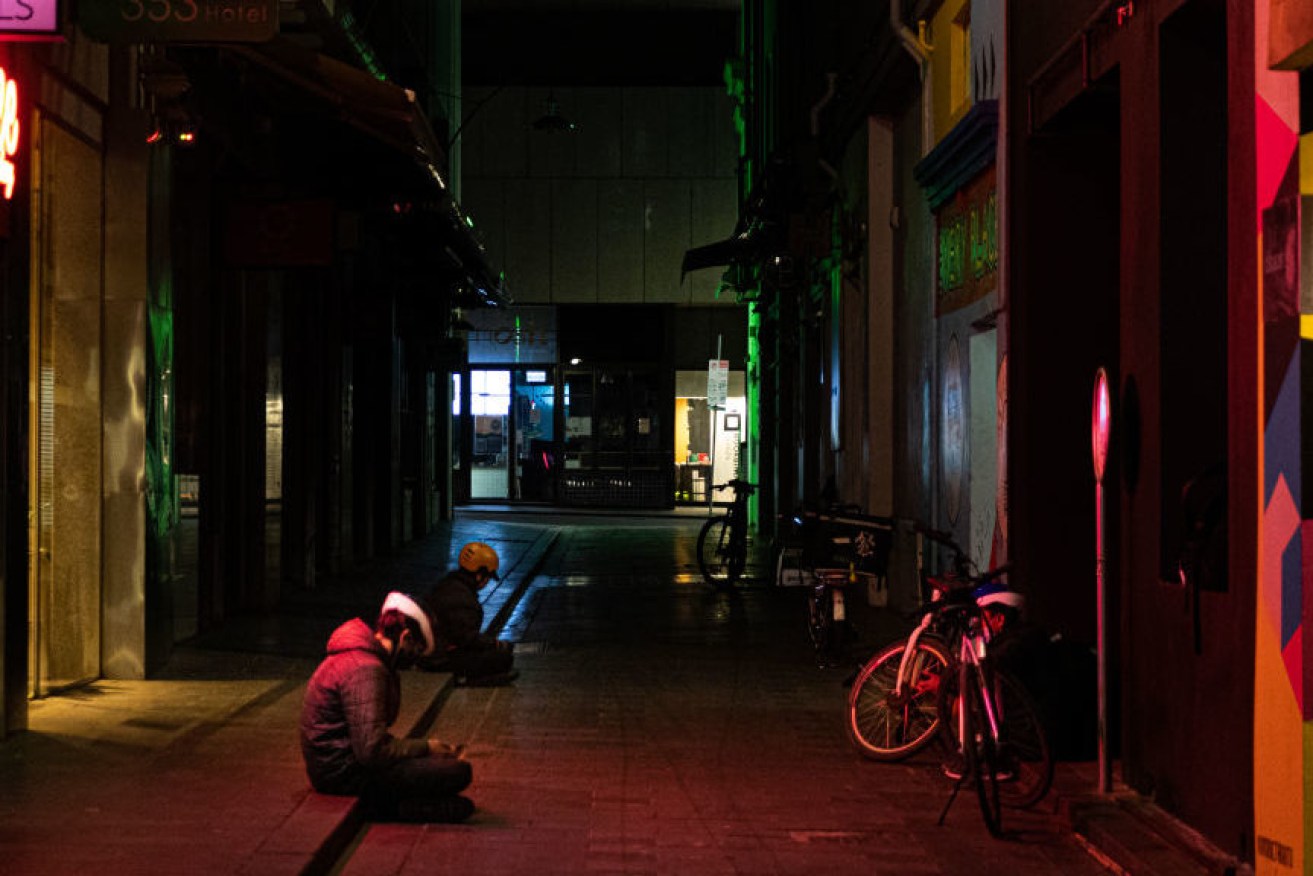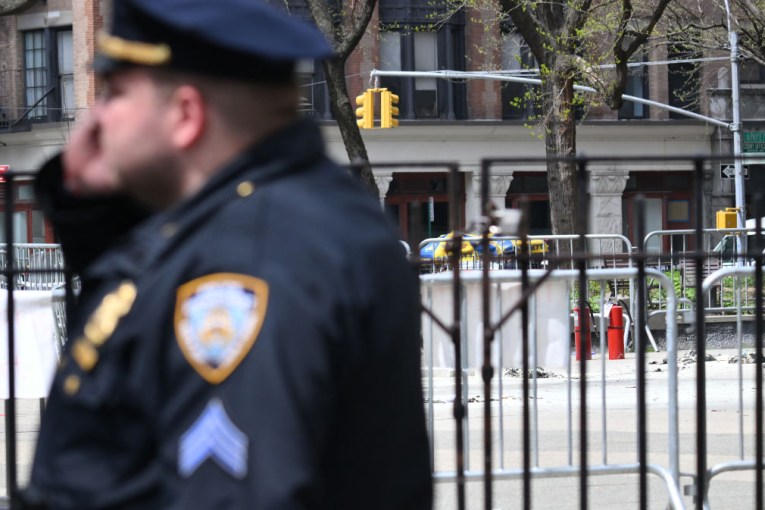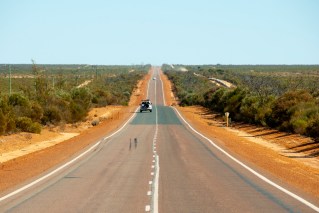Victoria has reintroduced a curfew, but it’s still unclear if they actually work


Epidemiologists said there was little if any reliable data to support the claim that curfews were effective. Photo: Getty
The Victorian government’s announcement it will bring back the dreaded lockdown curfew has been slammed as a “massive overreach” amid ongoing debate about the public health measure’s efficacy.
Victorian chief health officer Brett Sutton defended the stricter measures announced on Tuesday, saying the 9pm to 5am curfew, closure of playgrounds and lockdown extension were needed because the state was “on the brink” of losing control to the Delta variant.
“It is one of a suite of interventions that was very successful last year in Victoria and there are published studies on curfews and people are free to look at them,” Professor Sutton said of the curfew.
But Victorian opposition leader Michael O’Brien labelled the curfew a “cruel” and “unnecessary overreach” from the government, while some epidemiologists say there was little if any reliable data to support the claim they were effective in fighting COVID.
So, do curfews work?
The jury is out among epidemiologists.
“There is really no data around the world on the effectiveness of a curfew in and of itself,” Burnet Institute epidemiologist Mike Toole told The New Daily.
Across the globe, curfews have been adopted in Asia, South America, the Middle East, Europe and parts of the US.
But because they are often included with many other strict lockdown measures, it has been impossible for researchers to determine how effective they have been as standalone measures.
Professor Toole said this was the case with Melbourne’s lockdown last year.
“The Burnet [Institute] has good modelling data which looks at the stages last year,” he said.
“Stage three had an impact but it didn’t bring the reproduction number below 1.1. Mandating masks had the biggest reduction on [the reproduction number] – that was 30 per cent.
“Stage four included the curfew, closing of non-essential retail, five-kilometre limit, and indoor and outdoor masks. [It was successful], but you can’t delve into that package,” Professor Toole said, adding that curfews could be helpful in increasing compliance, however.
“It doesn’t affect many people, most people are not going out. It’s not very intrusive. I don’t think it’s any more intrusive than the 5km limit,” he said.
Others, meanwhile, have hypothesised that not only do curfews make it easier for the police to enforce stay-at-home measures, they also send a psychological signal to people that the outbreak is serious and public health orders must be complied with.
End in sight
Professor Catherine Bennett, chair of epidemiology at Deakin University, said it’s less about public health rules than making sure everything that needs to happen does happen.
Victoria has more pandemic fatigue than any other state, she said, but everyone needs to remember that if they do their bit the lockdown should not drag on longer than two weeks.
“We can break the cycle of this virus, the end is in sight,” Professor Bennett said.
”We can get out of the medium-term problem if we bite the bullet and go hard with this lockdown and then we can get vaccinated and get out of this before the end of the year.”
So should Sydney adopt a curfew?
Although Victorian Premier Daniel Andrews has said urged others to adopt curfews, his NSW counterpart, Gladys Berejiklian has repeatedly poured cold water on suggestions that her state will follow suit when answering questions from journalists.
Professor Bennett said a curfew would only help Sydney if the city was regularly seeing transmission at illegal gatherings as opposed to just at critical workplaces.
“Curfews can backfire – you increase densities in places or you get people rebelling when it’s not going to add a lot of difference,” she said.
University of Queensland associate professor and infectious diseases physician Paul Griffin added that it would be “hard” to implement a curfew in Sydney now.
“It’s hard to be certain it would work,” he said.
“Most residents have been in lockdown for eight weeks so [if] introducing harsher measures, you would want them to have significant consequences.”
Associate Professor Griffin said extra measures should only be brought in if there was evidence to support them.
“There shouldn’t be any measures introduced for the sake of restrictions,” he said.
“But they might not have reached their peak yet, so they need to be looking at how they can reduce their cases.”








